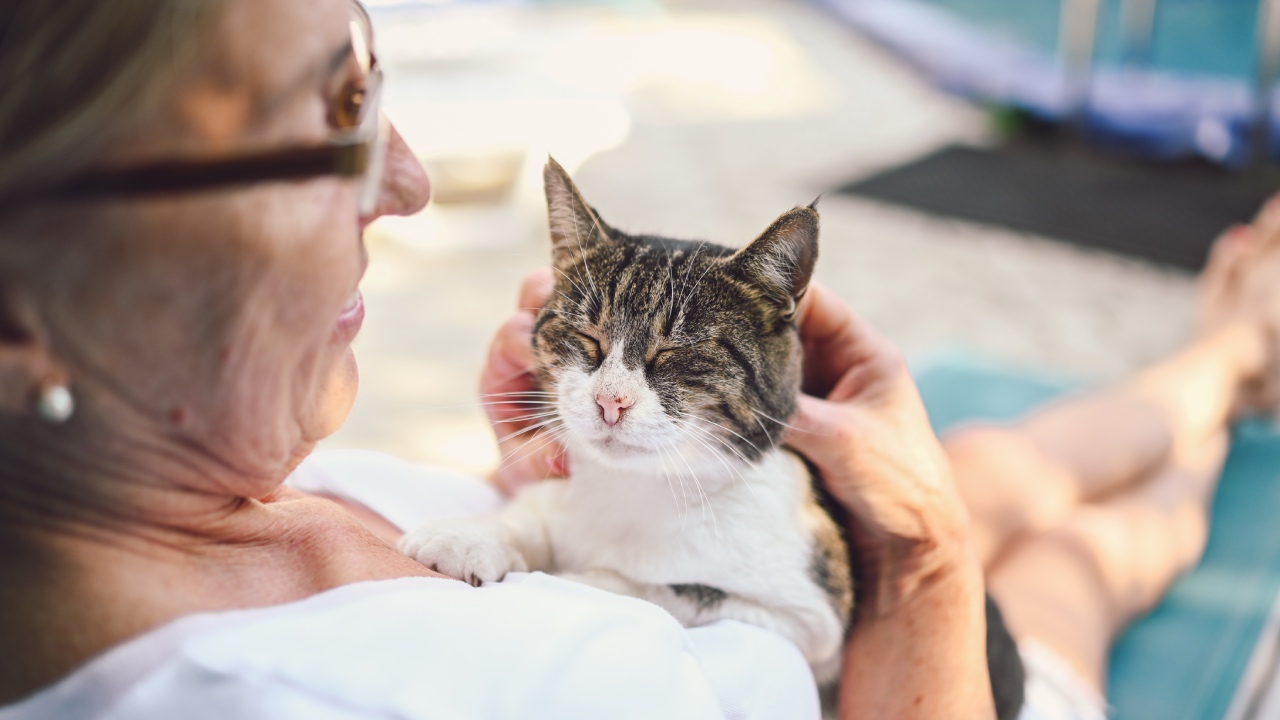7 tips to help turn your cat into a friendly member of the family

How to make your cat love you
Getting a cat to be more affectionate is the yearning of many a pet owner. Some cats are antisocial when it comes to being picked up, cuddled or petted (much less sitting in a person’s lap). Other kitties are born loving this sort of attention.
If you’re not lucky enough to have a cat who automatically seeks out your affection, trying to entice that reclusive furball to become your snuggle buddy may take some motivation and determination on your part. Your pet may never convert to a drooly lap cat, even after weeks of effort on your part, but at the very least you’ll probably strengthen your relationship with your cat.
Get the basics down
The initial stage of coaxing a cat into being more lovable is to let her recognise your positive intentions by dependably offering her good food, clean water, fun toys to play with and a litterbox that is cleaned regularly. When she’s happier, you’ll be happier, and these mutual good feelings will carry over into your relationship together.
Spend extra time with your cat, letting her see you not as her owner but as her friend, meal provider and guardian. If she’s not coming up to you to say hi, be proactive: Walk over to her (as long as she’s not super-shy) and lavish affection on her. Once she gets used to all this attention, she might very well start seeking it out from you.
Be affectionate while feeding
While preparing her food (or making a production of opening that can of food), talk to your kitty. When she begins eating, gently stroke her a few times. This will help her associate being petted with a positive experience.
Be playful
Instead of trying to force a hug from your reluctant cat, play with her a little, maybe getting her to paw at a piece of string or chase after a laser pointer.
Try a little catnip
Bringing out a tin of catnip often brings timid felines out of their shells, and aloof cats sometimes become far friendlier under the influence of catnip.
Use the "slow blink"
Remember that using the “slow blink” as a non-verbal statement saying “I love you” will go a much longer way with your cat, versus a direct stare, which she may take as a threat.
Don't chase
Don’t try to push affection on your cat – for example, running after her. This might work with a dog, but chasing usually causes a scaredy cat to jolt off in another direction feeling victimised. And I should hope it goes without saying, but don’t punish or yell at your shy cat.
Give them a treat
Each time you share a session of tenderness with your cat, give her a treat. Let her see that this affectionate behaviour has its rewards.
Image credits: Shutterstock
This article originally appeared on Reader's Digest.
